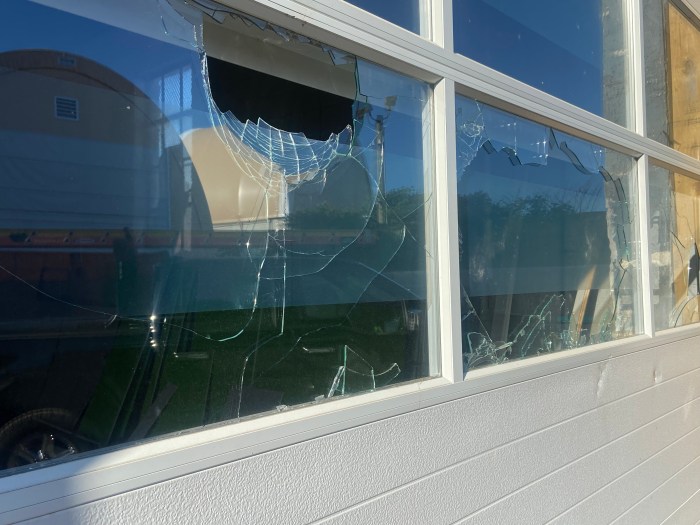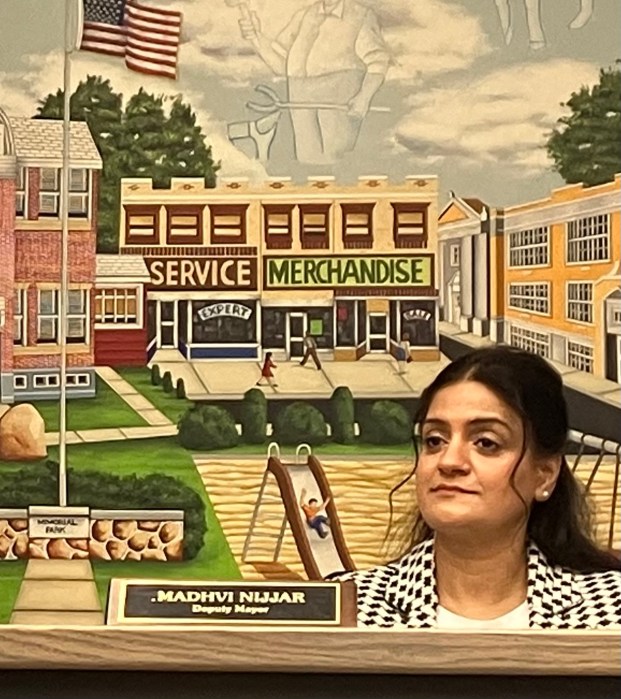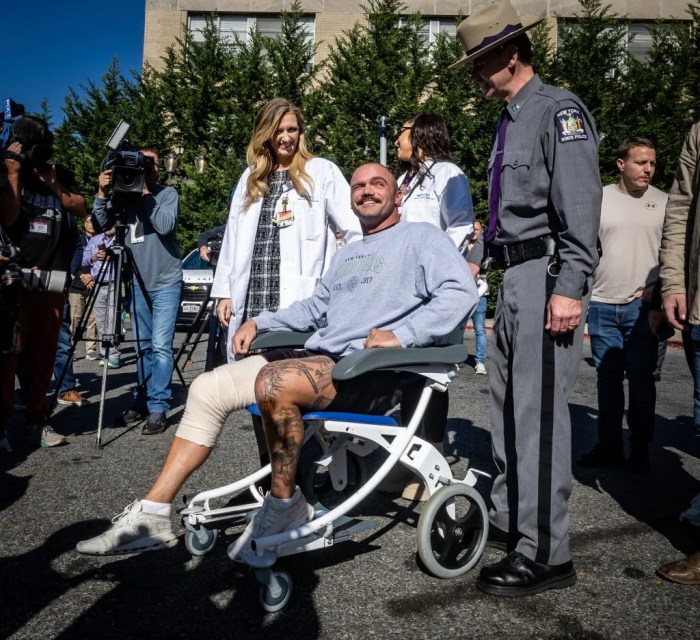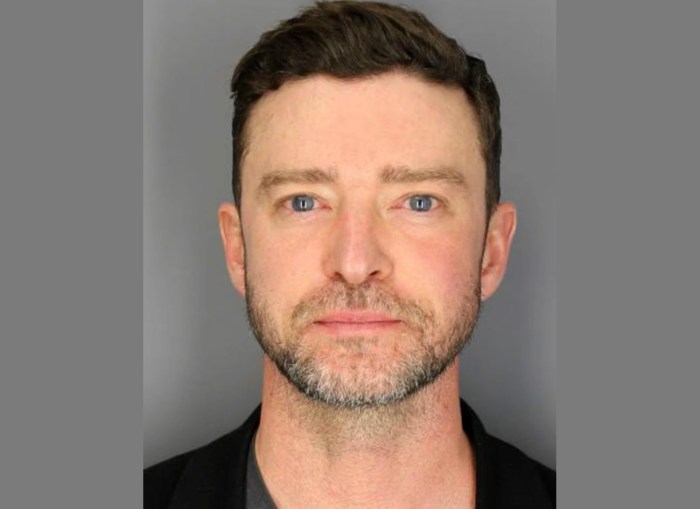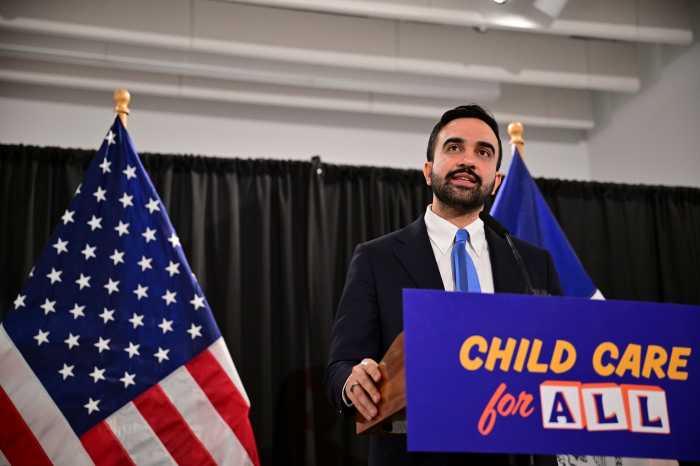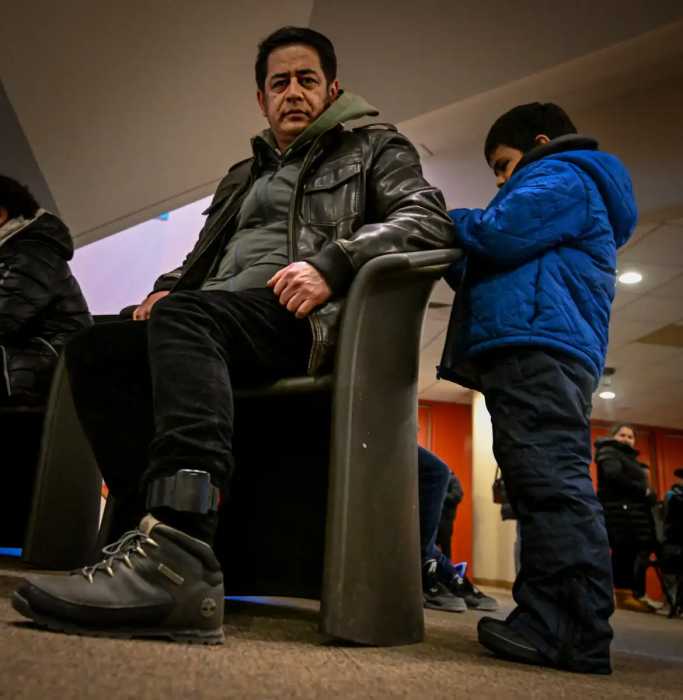Advocates and allies across New York State assembled last weekend to discuss the systemic flaws embedded in how policing is operated and potential solutions at the Seeds of Change: Redefining Policing and Public Safety Conference.
On Saturday, June 21, the nonprofit organization Long Island United To Transform Policing and Community Safety held its first all-encompassing policing reform conference, which hosted prominent speakers discussing how law enforcement has affected their lives through continuous racism and legal battles as well as some potential steps that can be made toward change.
The conference at the Unitarian Universalist Congregation at Shelter Rock in Manhasset held a round table discussion with keynote speaker Tamika D. Mallory, a civil rights leader and leading organizer of the 2017 Women’s March in Washington, D.C.
Mallory discussed the many complexities of her journey through activism, including the struggles involved in running small grassroots movements with a lack of funding and public awareness. The activist leader also delved into how she and her methods have grown over time through dealing with constant media attacks and confronting tragedy after tragedy in her crusade.
“Most of us are pretty comfortable knowing that there is someone I can call who will show up with a weapon in case there’s something so bad that we can’t handle it on our own,” Mallory said. “And so I think balance is key. It is to ensure that we have a force that is really, truly for the people, by the people, taking our tax dollars and respecting the community and serving the community properly. But again, making sure that we are centering the community itself as being the ones who have the best solutions for how to deal with conflicts.”
In front of the crowded room family members of people who were killed by police spoke. The list included Joe Prude, brother of Daniel Prude, who was killed by police in Rochester, NY; Amity Dimock, mother of Kobe Dimock-Heisler, and Katie Wright, mother of Daunte Wright, both of whom experienced their sons die in a police confrontation. The grieving families discussed how losing their sons motivated them to pursue activism to ensure other families don’t have to face what they did.
A central theme of the discussion was police reform, with the families all calling for a change in police utilization, with officers often brought into different kinds of situations despite not having proper training in that area. The panel discussed the need for mental health specialists in situations where a badge cannot provide the help required. Dimock, for example, discussed how when police arrived at the scene of her apartment, they were ill-trained, and the situation grew out of control with police untrained to deal with her son, who was on the autism spectrum.
The event had several breakout rooms where attendees discussed topics such as policing culture, police unions, data collection and reporting, alternatives to mental health crisis response, civilian complaint review boards, and a workshop facilitated by Amity Dimock and Katie Wright titled “No More Names.” After their sons’ deaths, Dimock and Wright, formed the “No More Names” initiative.
The event centered around the organization’s “The People’s Plan,” a set of public safety recommendations developed by three community-led coalitions — LI United to Transform Policing and Community Safety, LI Advocates for Police Accountability, and United for Justice in Policing LI —with the input of hundreds of Long Islanders.
The event will return biannually.






